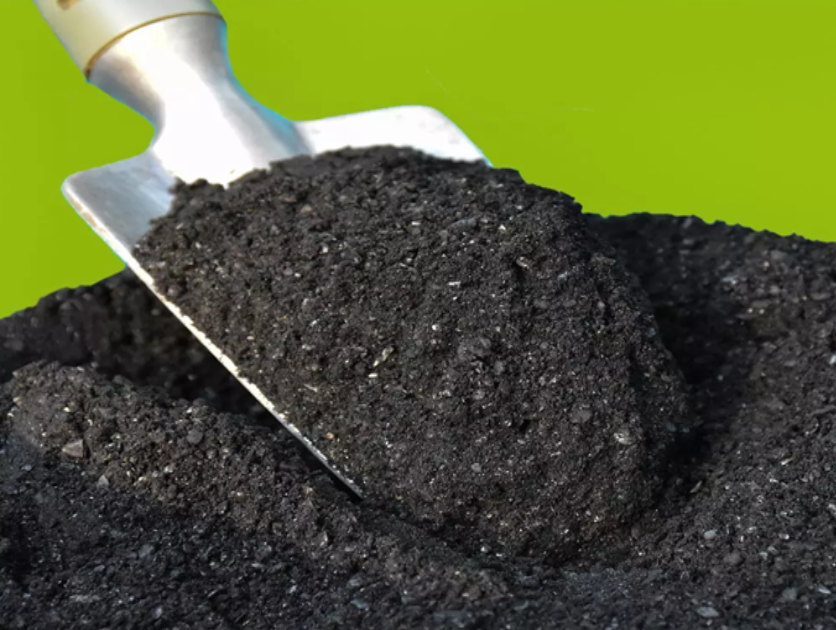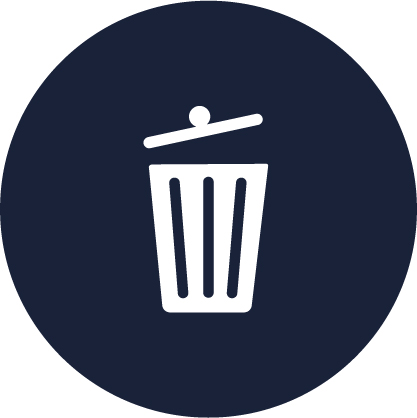
Cacao Biochar
ARA promotes gender equality and environmental protection.


Overview of the project
Our Cacao Biochar project addresses environmental, economic and community issues and is part of an organic farming approach that respects the environment. Cacao Biochar works to revitalise land and soil under water stress, in order to boost agricultural production. Because food security is a fundamental right, our cocoa biochar, a biofertiliser made from cocoa pod hulls and designed to improve soil fertility and increase crop yields, is environmentally friendly and more profitable than chemical fertilisers. Cacao Biochar makes it possible to grow healthy crops while improving the sustainability and health of the soil.
Cacao Biochar integrates the bioeconomy dimension and the valorisation of agricultural and forest biomass in the production of biosourced products to decarbonise the economy. Through our project, we are converting agri-food waste, and more specifically cocoa pod husks, into co-products, i.e. biochar, and generating new value chains in the process. Success shows that yields can be improved to avoid extensive farming. We are proposing to farmers and agricultural cooperatives that they produce biochar from cocoa pod husks so that they can be reused in the fields in a circular economy model.
The overall aim of our Cocoa Biochar project is to move much more quickly to position cocoa pod shell biochar to reach its sustainable potential to help mitigate catastrophic climate impacts.
Ongoing research
January 2023 - June 2024
- 1.5 tonnes / hectare of biochar production from cocoa pods
- Environmental benefits (Sustainable biochar systems could offset 130 Gt CO2 – Ce over 100 years,
- 20 project managers and cooperative presidents are trained in the production and benefits of biochar,
- 100 people in Kabylone 2 and Maleng 5 are made aware of the beneficial effects of biochar.
- Combating hunger and food insecurity
- Stimulate growth in the local economy
- Create new jobs
- Increase the nutrients available for plant growth and water retention, and reduce the amount of fertiliser needed by preventing nutrients from leaching out of the soil,
- Reduce methane and nitrous oxide emissions from the soil, thereby further reducing greenhouse gas (GHG) emissions
- Increase plant growth yields
- Increase farmers’ economic profitability
- Carbon is removed from the atmosphere and stored in the soil
- Agronomic benefits of biochar (increasing the PH of acid soils, adding nutrients to the soil, reducing nutrient leaching, improving the physical properties of the soil).
ARA's own funds and material support from Tropical Forest and Rural Development (TFRD)
organisation

ARA carries out activities to promote gender equality and environmental protection. In January 2023, ARA trained project managers and presidents of agricultural cooperatives in the production of Cacao Biochar and in partnership with Tropical Forest Rural Development (TFRD), we at ARA produced Cacao Biochar which was presented to the French Ambassador to Cameroon and the Director of AFD during their visit to the Baka pygmies and Kabilone 2 in East Cameroon. Because climate change exacerbates hunger, ARA is carrying out awareness-raising activities to show that climate change is causing droughts, with agricultural production being reduced or even destroyed. Extreme weather events block access routes to supply
in collaboration
The French Embassy in Cameroon, which is responsible for networking, has set up a network between our organisation, ARA, which promotes biochar cocoa, and the NGO Tropical Forest and Rural Development (TFRD), which protects ecosystems and promotes non-timber forest products and agroforests, so that TFRD can provide us with the agri-food waste, such as cocoa pod shells, which represent our raw material for ARA.





